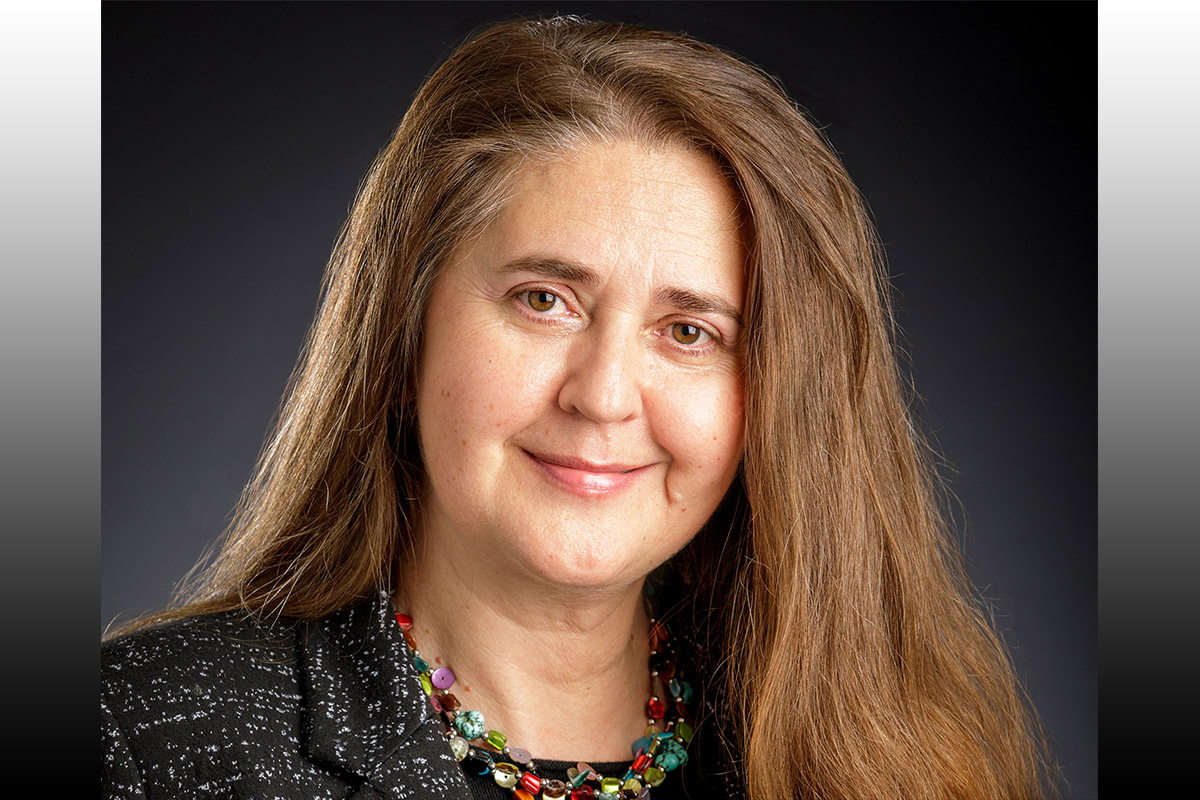Radonjic elected to serve on the National Academies Organizing Committee for the Orphan Wells Workshop
Wednesday, February 21, 2024
Mileva Radonjic, an associate professor in Petroleum Engineering at Oklahoma State University, was elected to serve on the National Academies Organizing Committee for the Orphan Wells Workshop.
Orphaned and abandoned wells can present a risk to the environment and public by emitting methane, contaminating groundwater, and/or impacting ecosystems. The National Academies will convene a workshop to discuss existing practices and standards for plugging orphaned and/or abandoned hydrocarbon wells, including current best practices around well-plugging technologies, standards, and procedures. For the purposes of the workshop, orphaned and abandoned wells are unplugged nonproducing wells with no known owner or operator capable of properly plugging the well and that may not have been operated and maintained in accordance with prevailing statute and regulation.
The National Academies will convene a workshop for Department of the Interior Orphaned Wells Program Office to discuss existing practices and standards for plugging orphaned and abandoned hydrocarbon wells and will include discussion of:
- Historic and current well-plugging standards and design and operational practices used in the United States
- How these standards and practices may differ based on factors such as well age, well depth, well location, material specification (e.g., casing, line, screening), geologic and geophysical environment, production type, distance to populated areas, and remediation and restoration requirements
- Consideration of cost, technology, or other factors that impact the development of well-plugging plans
- Environmental benefits to well-plugging and/or mitigation of adverse environmental impacts from well-plugging (e.g., methane leakage mitigation, groundwater and surface water protection, surface reclamation, landscape/seascape degradation or restoration, and protection of animal and bird migration corridors)
The workshop will include perspectives from the federal government, states, tribes, industry, and other stakeholders and will include a written proceeding.
Radonjic started researching wellbore materials in 2003 as a postdoc in the Carbon Mitigation Initiative at Princeton University. While at BP America in Houston, she investigated wellbore conditions in the North Sea in a potential CO2 storage site. Shell E&P awarded $1M in funding to her team to investigate micro-annular gas flow and its mitigation via expandable tubular technology. 2018-2021, Radonjic was a Project Director/PI of a NASEM-GRP funded project on Wellbore Plugging Materials, a funding of $2.6M which included UPitt, UTA, LSU and SINTEF. (These projects resulted in more than 50 peer reviewed publications over two decades, in addition to multiple presentations at AGU, ARMA, SPE, GRC, ACS, TMS conferences, and SPE-GRC, AAPG workshops, and SPE P&A Forum invited participants).
Radonjic is currently pursuing NSF IUCRC in partnership with IUCU, on Carbon sequestration, and her team at OSU will focus on prevention/mitigation of wellbore leakage. Radonjic's research at OSU focuses on hydraulic barrier materials such as shale-caprocks, wellbore cement and wellbore plugging and abandonment materials.

